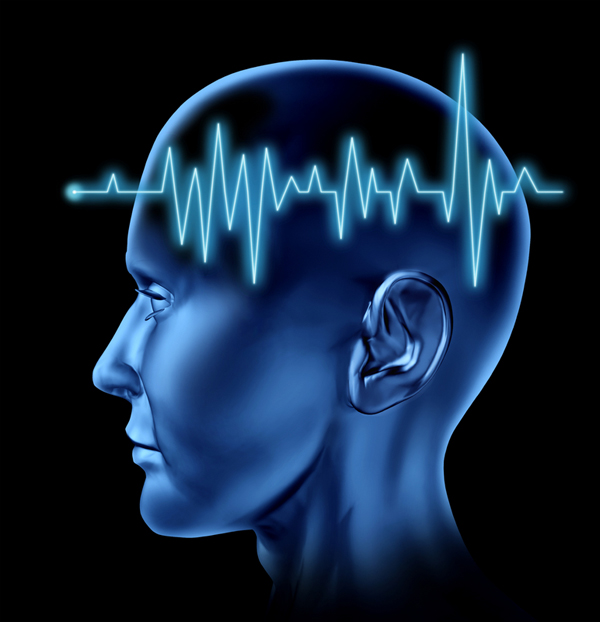Signs of Recurring Depression Revealed in Brain Scans

Get the world’s most fascinating discoveries delivered straight to your inbox.
You are now subscribed
Your newsletter sign-up was successful
Want to add more newsletters?

Delivered Daily
Daily Newsletter
Sign up for the latest discoveries, groundbreaking research and fascinating breakthroughs that impact you and the wider world direct to your inbox.

Once a week
Life's Little Mysteries
Feed your curiosity with an exclusive mystery every week, solved with science and delivered direct to your inbox before it's seen anywhere else.

Once a week
How It Works
Sign up to our free science & technology newsletter for your weekly fix of fascinating articles, quick quizzes, amazing images, and more

Delivered daily
Space.com Newsletter
Breaking space news, the latest updates on rocket launches, skywatching events and more!

Once a month
Watch This Space
Sign up to our monthly entertainment newsletter to keep up with all our coverage of the latest sci-fi and space movies, tv shows, games and books.

Once a week
Night Sky This Week
Discover this week's must-see night sky events, moon phases, and stunning astrophotos. Sign up for our skywatching newsletter and explore the universe with us!
Join the club
Get full access to premium articles, exclusive features and a growing list of member rewards.
The brains of people who relapse into depression differ from those of people who maintain a recovery, a new study shows. The results may provide insight into why some people relapse and why certain therapies may help, the researchers said. Researchers at the University of Toronto used functional magnetic resonance imaging (fMRI) to study the brains of 16 people who had successfully completed treatment for major depression, along with 16 people who hadn't been depressed,and followed them for 18 months. They found that the areas of the brain that lit up when the formerly depressed people watched a sad movie corresponded with whether the patients ultimately needed more treatment. "Some of the people who felt sad [while watching the movies] had a pattern of activity in the front and medial areas— areas that have been associated with continued thinking and ruminating," said study researcher Zindel Segal, chairman of depression studies in the university's department of psychiatry."People who had those reactions were more likely to become depressed again over an 18-month period." Patients who were less likely to relapse had activation in lateral areas of the brain instead. Those patients were about 35 percent less likely to suffer a relapse, Segal told MyHealthNewsDaily. How the brain responds to tear jerkers The patients' brains were scanned while they watch two neutral film scenes, and then two sad scenes (from the films "The Champ" and "Terms of Endearment"). The different brain activity patterns, Segal explained, might show that the patients who were more likely to relapse were internalizing sadness, while those likely to maintain their recoveries were observing the films more as sensory experiences. "Even though people have recovered from depression, they can still be vulnerable, or a little bit at risk, if they experience sadness or sad states of mind. How they handle those brief sad moods has a lot to do with whether they relapse," he said. "Cognitive training in how to handle brief dysphoric moods can be helpful in teaching people skills to regulate emotion and prevent relapse," Segal added. However, before the results can be considered a full explanation of how cognitive therapy works to treat depression, they need to be replicated, said Scott Langenecker, a clinical neuropsychologist at the University of Michigan, who was not involved with the research. Because the study included relatively few patients, and few films were used in observing their brains, Langenecker said a larger study, perhaps one that began during patients' initial depression, would provide better data for drawing the conclusions. 'A long time' to suffer Still, the study is "really interesting" and has potential for real clinical implications, Langenecker said. "It's pushing a line of research that's very near and dear to my heart." He said he is optimistic that the field will provide better tools for psychologists and psychiatrists to treat depression, which would benefit not only patients but society, through lower health care costs. "The basic treatment strategy that we have right now is trial and error," he said. And as a result, perhaps only 40 percent of people improve in the first round of treatment – an improvement that takes at least three months to become apparent. "That's a long time for people to suffer," he said. Basing treatments on observations of what is going on in patients' brains might raise the success rate of a first treatment to more along the lines of 70 percent, Langenecker said. "That doesn't mean everybody is going to get well, but it means 30 percent more will get better in three months rather than six months or a year,"he said. "We can't continue to have a 60 percent failure rate in that first three months." Pass it on: Brain activity differences may explain why some people experience recurring depression, while others recover.
This story was provided by MyHealthNewsDaily, a sister site to LiveScience. Follow MyHealthNewsDaily on Twitter @MyHealth_MHND. Find us on Facebook.
Get the world’s most fascinating discoveries delivered straight to your inbox.
 Live Science Plus
Live Science Plus











